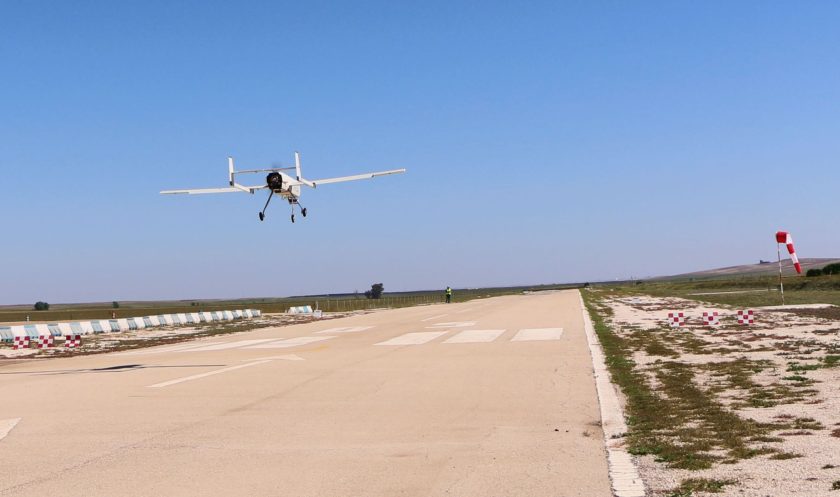The Advanced Centre for Aerospace Technologies (CATEC), together with the aeronautical engineering companies AERTEC and Pildo Labs and the University of Seville, have successfully completed a series of tests in a real environment in Seville, Spain. The tests were carried out as part of the U-ELCOME Project, which demonstrates the viability of transporting goods, in this case medical cargo, over long distances, through the use of uncrewed aerial systems (UAS).
Seville and Jaén are two of the 15 locations, spread across Spain, France and Italy, where various U-ELCOME trials will be carried out. The Seville trials consisted of a test of how UAS in a U-space airspace can optimise the delivery of medical cargo in urban, interurban and rural environments by improving the efficiency, safety and sustainability of operations. The key, on this occasion, was the combination of digital and physical infrastructure capabilities. The project team said on November 20 that the feasibility of the concept has been demonstrated and flights will soon be carried out in real scenarios.
The test involved the collection of various medical loads (medications, defibrillator, surgical equipment, etc.) in a hospital area with a drone from the University of Seville, which took the items to a nearby runway where a TARSIS UAS was waiting to transport the medical load up to several dozen kilometres. Upon landing, the load was transferred to another small drone, which transported the items to the destination point in an area that is difficult to access ordinarily. The flights carried out were beyond visual line of sight (BVLOS) type and were carried out automatically.
The project’s team says these trials have demonstrated the feasibility of carrying out UAS operations supported by U-space U1 and U2 services. This means that both the basic U-space services (U1), which include e-registration, e-identification and geo-awareness, and also the initial services (U2), which include flight planning, approval, tracking, dynamic airspace information and information exchange with air traffic management systems, have been validated.
This project has received funding from the European Climate, Infrastructure and Environment Executive Agency.
For more information




